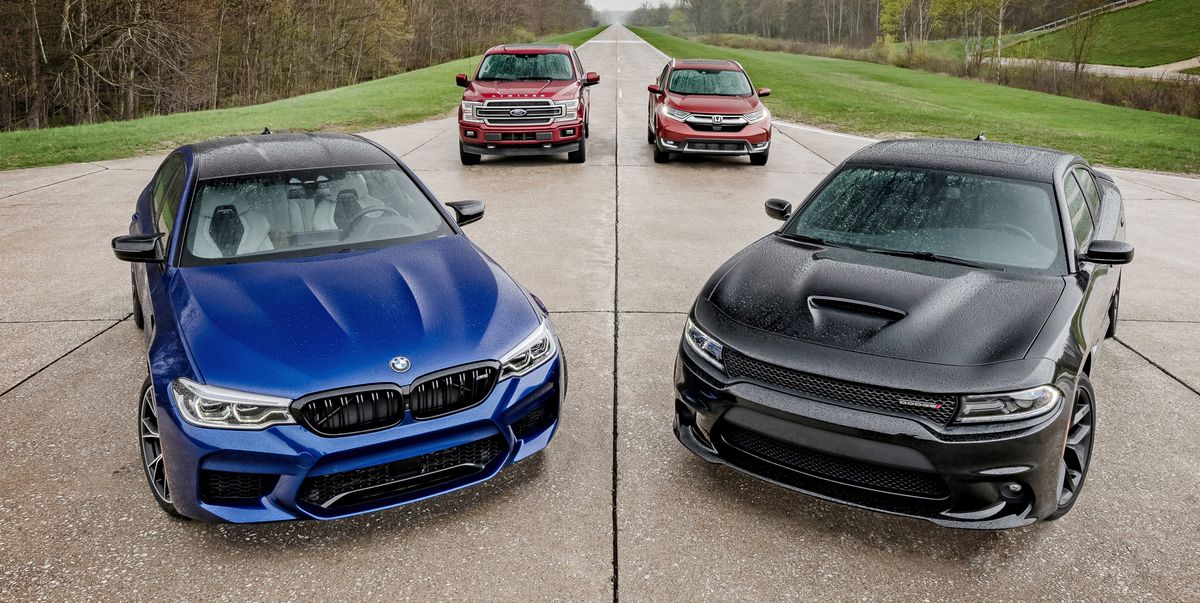Yes. The Dodge Challenger when equipped with a 5.7 HEMI and automatic recommends 89 with 87 being acceptable, but if you get a manual transmission they require 91 or higher.I know a lot of Manufacturers “recommend“ premium fuel in their performance versions of certain engines shared across the line of vehicles, but do they say it requires it?
But as others have said, big difference between “recommended” and “required.” My Ram for example will run 87, but recommends 89. It’s kind of a dog on 87 so I use 89. My 2011 Durango had the same 89 recommended/87 acceptable but I couldn’t tell a difference at all in that so I just ran 87.

